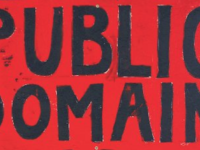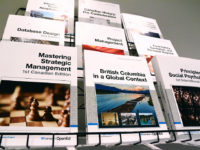Earlier this year, the Canadian government launched a timid consultation on copyright term extension. After years of rejecting copyright term extension beyond the international law standard of life of the author plus 50 years, the Canadian government caved to pressure from the United States by agreeing to the equivalent of life of the author plus 70 years in the U.S.-Canada-Mexico Trade Agreement (USMCA). With a 30 month transition period to allow for consultation, this represents an opportunity to mitigate against the harms of term extension.
I submitted my response last night and it is posted here. The submission cites a wide range of experts – including Justice Minister David Lametti and former US Register of Copyrights Maria Pallante for the proposition that registration for the additional 20 years is not only permissible under international law, it is desirable. I also include a lengthy appendix of the some of the Canadian authors and leaders whose works will not enter the public domain if term is extended. These include Gabrielle Roy, Marshall McLuhan, Margaret Laurence, Louis St. Laurent, John Diefenbaker, Tommy Douglas, René Lévesque, Jean Lesage, John Robarts, and Bora Laskin.











